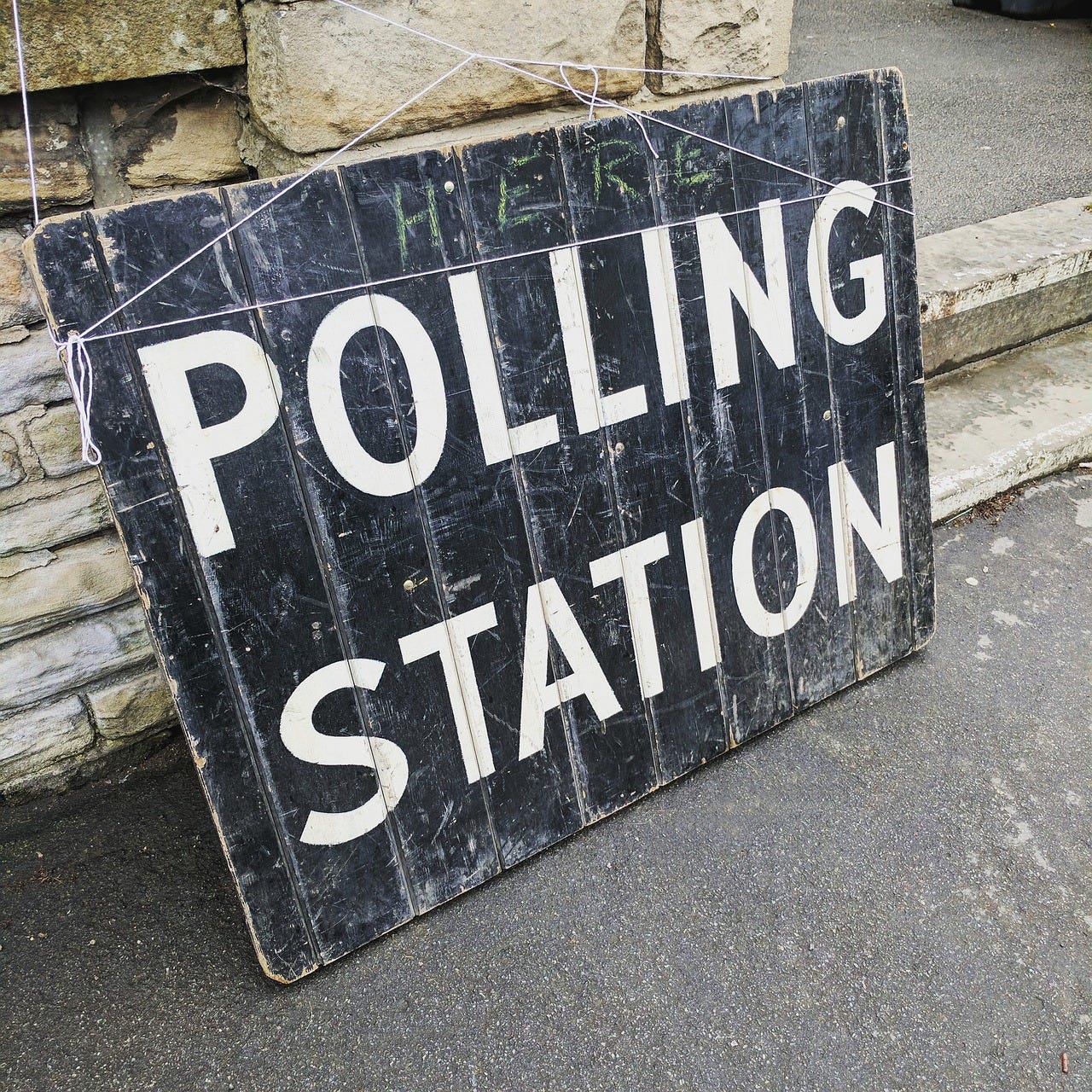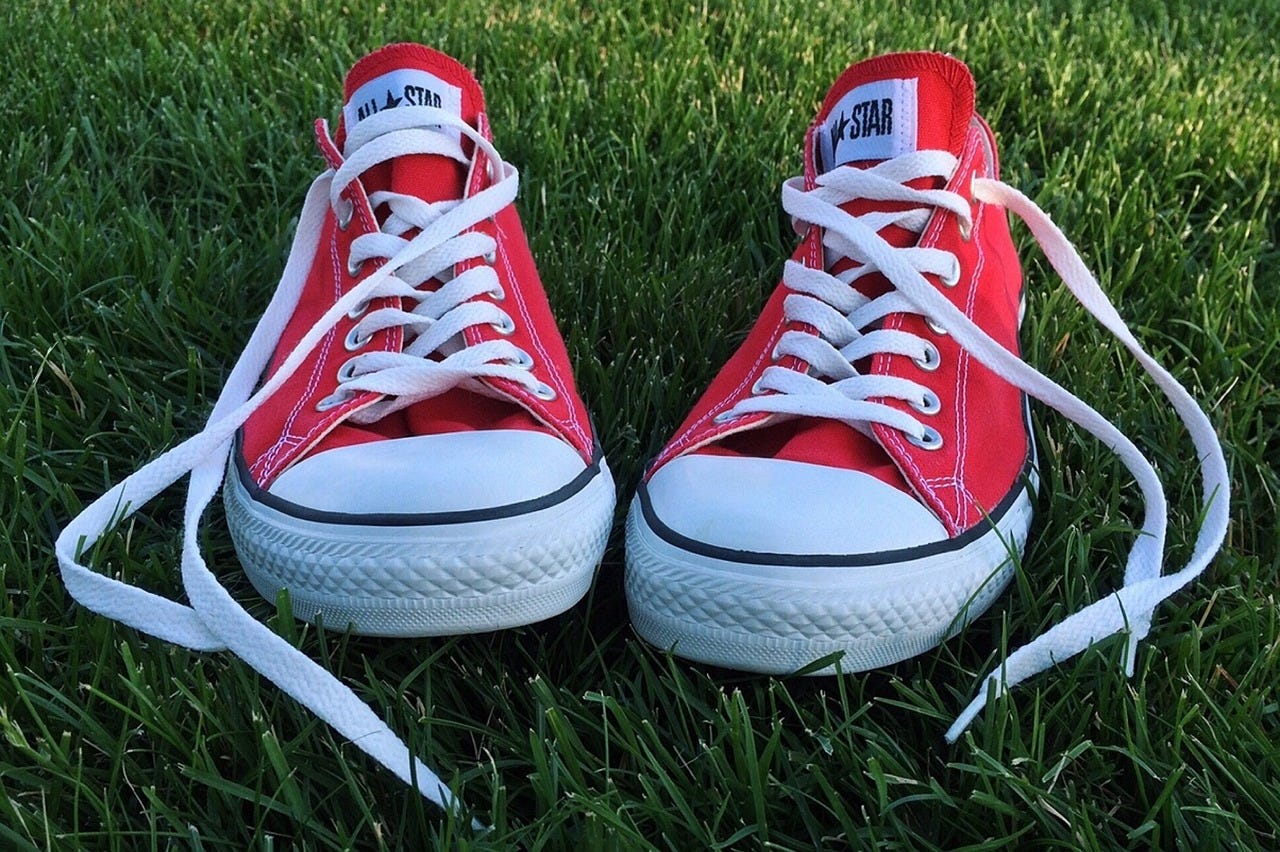Let’s go around together.
Many years ago I took a flight and listened to the pilot as we circled for an hour telling us that there was a “bit of weather around the airport”. For a US flight during hurricane season that was an understatement. We came into land and off we immediately went again with enough power to force us back in our seats. One “go around” later executed by a skilled ex US forces pilot and we landed safely.
Over the past few weeks, I’ve had my own “go around”, an unusual blip that took me to hospital early one morning, swiftly into the intensive care unit, then to high dependency, and finally well enough to be transferred by ambulance back to the familiar surroundings of the Royal Marsden and from there, finally, back home.
This blip was not a reoccurrence of cancer. Like so many others, I’m fortunate to be in remission and that still remains, but careful analysis of scans, a lumbar puncture and other tests going backwards and forwards between hospitals showed an unusual reaction to a drug called pembrolizumab. It is one of the immunotherapies - not chemo drugs - that has been used to treat different cancers for many years and much more recently triple negative breast cancer. I’d received the drug for 12 months and had just had my final dose.
It really is incredibly clever science that makes sure the immune system, our natural defence system, is able to identify and destroy cancer cells. I’ve always thought of it as my personal 007. My immune system fired up (so the drug works on me) but it didn’t stop, and my body overshot the runway. Perhaps unsurprising given the physical and mental stress of recent months. But the clinicians, diagnostics, labs immediately acted as the pilots to identify the problem, plan the go around and land me safely.
I've been asked questions like “did you nearly die” and I'm not going to answer that for one good reason. I don't know. I imagine I was quite poorly to need ICU, I had acute confusion and I have been told that when asked even basic questions about name, date, year I didn’t respond with any accuracy but simply said, “I’m fucked”.
Sometimes I think it's best not to dwell too soon and my brain has closed itself to that period at least for now. I simply don’t and can’t remember detail. But what I will say to people who have asked me if I have a faith is yes, I do.
I have been thinking recently about Professor Tom McLeish who was an incredible world-renowned theoretical physicist with a firm role and a love of cross-discipline learning including theology. His wonderful phrase “Love of wisdom for natural things’ isn't a bad title for what we do” perhaps sums him up. Over the years we had some interesting conversations often way beyond my non-academic comprehension yet nonetheless deeply thought provoking. Tom died aged 60 after a short illness, but those snippets of conversations over the years have remained with me and are certainly in the forefront of my mind at the moment.
Faith is deeply personal and I think what my blip has reinforced, is its value on two levels…
The first is family. These are the people who are woven through time with me. Not only the traditional family structure people are born into, which in my case is good as I was adopted and arrived age three months into the eager arms of my new parents and siblings, perched on the front seat of a Morris Minor in the pre seatbelt era. It’s also the family that gets evolves, created and grows around your timeline like the thread I wrote about in my first Substack. As they all gathered around to help me through this blip, so I have realised that very little else matters. We are bound by time, love, memories new and old, and our differences as much as what we have in common. Some of us met through work, yet those organisation structures have long become meaningless to the much deeper shared desire to create change that brought us together and still remains. Some of us met in the pub!
The second is my faith in science. What we must understand as a society is that science is a process of learning not an absolute. Immunotherapy is an amazing addition to tackling disease but of course it comes with side effects. I was told of those risks and accepted them. My blip was unusual - affecting around 1 in 100 who take the drug - but it happens, and my body does love to do some unusual things. But the good news is that the Royal Marsden can find no record of my blip happening to people twice, so my support of a future driven by science and technology remains strong. And I hope my data is sitting somewhere in the Marsden records as part of the learning of what these side-effects can do and how to treat other patients and bring them safely through their own go arounds.
If you happen to catch the Super Surgeons programme on Channel 4 (no doubt available “on demand”) it is worth a watch. Health is such a huge problem of our time and of course it's not just cancer. It raises all kinds of core issues associated to the future of how we invest in and use science and also technology. How we manage these issues as a population and tackle social care will be our defining issue for future generations. But scientists must also up their game by being part of these wider context conversations not always driving them and I think there is still a huge problem there to be resolved.
I’ll be saying more on that and some new initiatives as we go into 2025.
But for now, and today, we are of course right up against the election - something in my confusion I thought I’d missed! So, I’ll end by saying whether it’s listening to the media cries of a super majority or eradication of parties, my own hope is for one thing. A strong opposition. Supported by evidence informed debate, context and building cohesion which means really listening to those with whom we disagree.
Our differences are what makes us human, but I do worry that diversity and inclusion is becoming more hostile than helpful. I’m sure we have all watched countries where an opposition is absent and I’ve worked in places where I’ve seen first-hand the social and economic ruin, the damage to the rule of law when there is no separation of powers.
I’ve certainly seen that in the global issue of migration, during my time as Chair of Hibiscus - a charity that serves as a lifeline for migrant women caught up in the immigration and justice systems.
We see it in the choices for health. We see it in solving the problems facing our planet. We see it in geopolitical conflict.
So, whatever the result this week, I remain hopeful that we can get to that place of a strong opposition.
I’ll be back in a couple of weeks with more Converse Chronicles. Before I sign off, I just wanted to add that I’m so grateful to Emily, who is a journalist and trusted collaborator. Emily posted on LinkedIn and other channels in response to messages whilst I was unable to. I’m grateful to be well enough to put together my own thoughts in my own words here. I hope it gives you a bit of food for thought.




